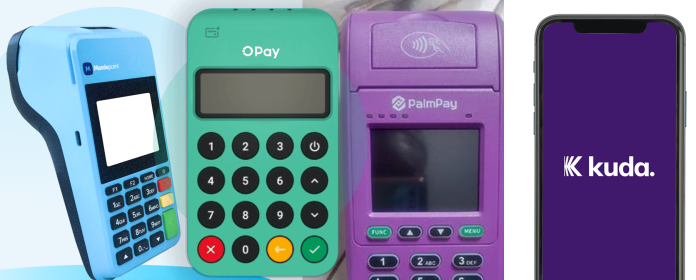The Federal Government has announced the imposition of N50 levy on every transaction above N10,000 on Fintech companies’ platforms.
The regulation provides for a one-off levy of N50 on the recipient of any electronic receipts or transfers of N10,000 or above. For equivalent receipts or transfers carried out in other currencies, the levy will be charged at the exchange rates determined by the Central Bank of Nigeria (CBN).
Called the Electronic Money Transfer Levy (EMTL), the charge will be deducted on every inflow of N10,000 or more received by customers of Fintech companies such as Opay, Moniepoint, PAGA, PiggyVest, and others.
In a notice to its customers on Saturday, the online payment platform stated that the charges were in line with the Federal Inland Revenue Service (FIRS) regulations, and that it will take effect from Monday, September 9, 2024.
The notice stated, “Dear valued customers, please be informed that starting September 9, 2024, a one-time fee of N50 will be applied for electronic transfer of N10,000 and above paid into your personal or business account in compliance with the Federal Inland Revenue Service regulations.”
The company clarified that the charges were requirements from the Federal Government and that it should not be misconstrued as a source of revenue for the payment platform.
“It is important to note that OPay does not benefit from these charges in any way as it is directed entirely to the Federal Government,” it added.
Similarly, Moniepoint, in a terse notification to its customers on Saturday, said: “A N50 fee would be charged on inflows you receive of N10,000 and above from Monday, September 9, 2024.
“Your BRM is available to answer questions you might have.”
This mandatory deduction brings to an end the era of free banking services that some of the fintech firms provide; whereas the free banking services had made the fintech companies attractive to customers, especially small- and medium-scale business owners, students, and the generality of the masses who lacked access to deposit money banks.
It may be recalled that, in December 2023, the FIRS directed deposit money banks to deduct and remit EMTL on foreign currency transactions, going forward. Within the first five months of this year, a total of N78.95bn accrued to the government from the N50 levy imposed on electronic bank transfers.
In recent times, the Electronic Money Transfer Levy has become an integral part of Nigeria’s tax system. This levy is, among others, primarily designed to generate revenue for the government. The Finance Act, 2019 amended various subsets of the existing tax and fiscal legislation at the time, including the Stamp Duty Act (SDA).


